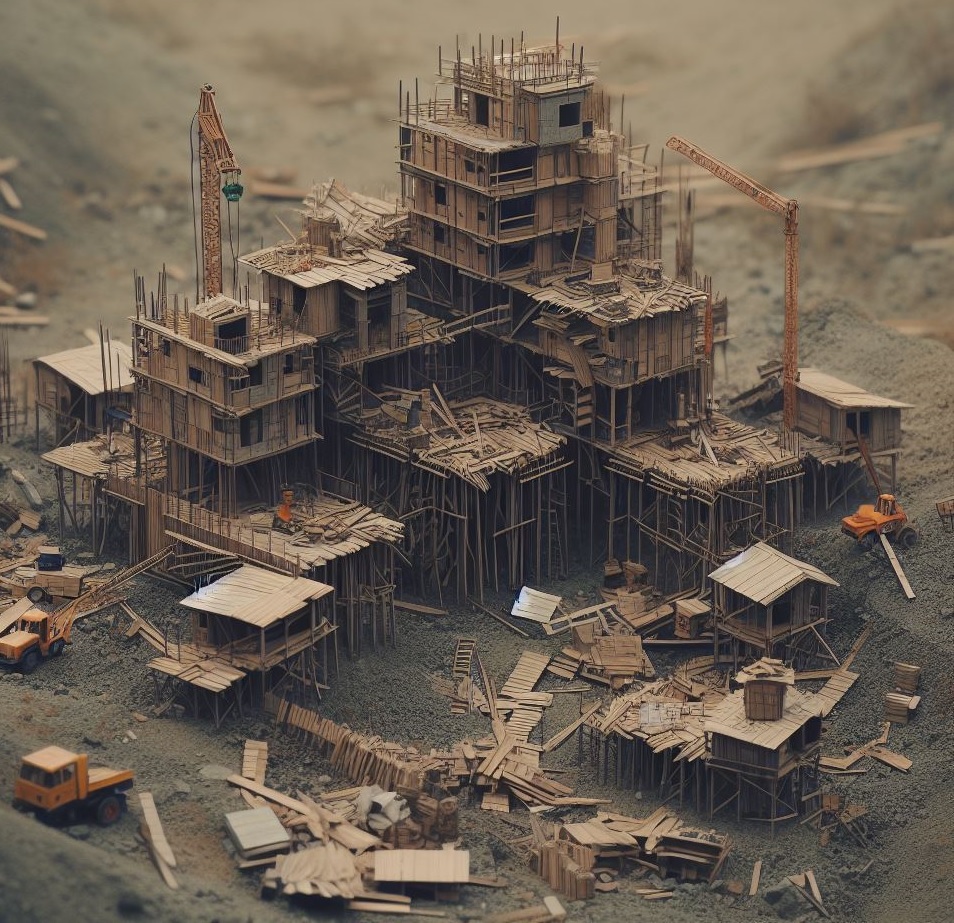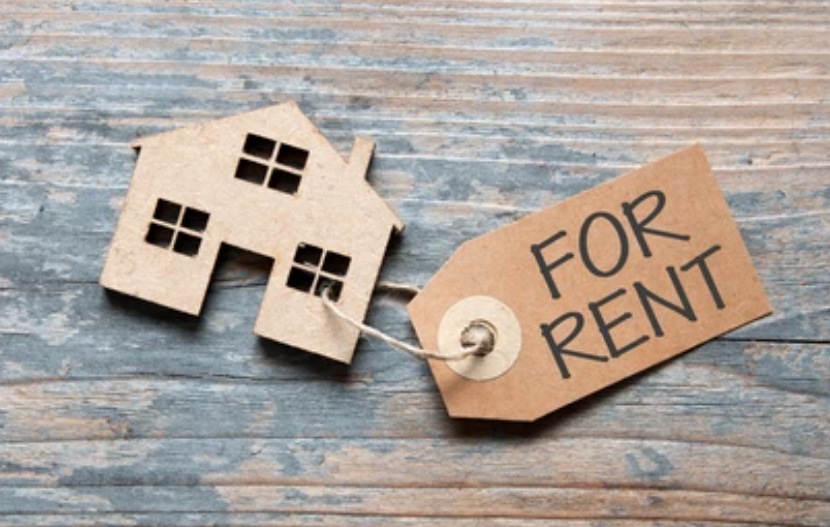Top 9 Reasons Construction Projects Stall and How to Prevent Them
Top 9 Reasons Construction Projects Stall and How to Prevent Them
Construction projecT 9 Rea
Construction projects are complex and often involve multiple stakeholders, deadlines, and challenges. However, some factors can cause construction projects to stall, resulting in delays, cost overruns, and dissatisfaction among clients and contractors. In this article, we will explore the top 9 reasons construction projects stall and how to prevent or mitigate them.
1. Permitting Issues
One of the most common reasons for construction delays is the difficulty of obtaining permits from various authorities, such as city, county, state, and federal agencies. Each agency has its own requirements, fees, and timelines for issuing permits, and some may require additional inspections, reviews, or approvals before granting them. Permitting issues can cause construction projects to stall for weeks or months, especially if there are changes in the design, scope, or location of the project. To avoid permitting issues, contractors should research the permitting process and requirements for their project beforehand, and submit their applications as early as possible. They should also maintain regular communication with the permitting agencies and resolve any issues or discrepancies promptly.
2. Environmental Regulations
Environmental regulations aim to protect the natural resources and public health of the country. However, these regulations can also pose challenges for construction projects, as they may require environmental impact assessments, mitigation measures, or compliance with standards for air quality, water quality, noise, waste management, and more. Environmental regulations can cause construction projects to stall if they are not followed properly or if they conflict with other project objectives or constraints. To avoid environmental regulations issues, contractors should consult with environmental experts and agencies before starting their project, and ensure that they follow the best practices and guidelines for minimizing their environmental impact.
3. Labor Shortages
Another common reason for construction delays is the lack of skilled and qualified workers in the construction industry. According to a survey by the Associated General Contractors of America (AGC), 81% of contractors reported having difficulty finding workers to fill hourly craft positions in 2020. Labor shortages can cause construction projects to stall due to reduced productivity, increased costs, and lower quality. To avoid labor shortages issues, contractors should invest in training and retaining their existing workforce, as well as recruiting new workers from diverse sources. They should also use technology and automation to streamline their processes and improve their efficiency.
4. Material Shortages
The COVID-19 pandemic has disrupted the global supply chain and caused shortages of various materials used in construction projects, such as lumber, steel, concrete, copper, glass, and more. Material shortages can cause construction projects to stall due to increased prices, delayed deliveries, and compromised quality. To avoid material shortages issues, contractors should plan ahead and order their materials early, as well as maintain good relationships with their suppliers. They should also explore alternative sources or materials that can meet their project specifications and budget.
5. Design Errors
Design errors are mistakes or flaws in the design documents or drawings that guide the construction process. Design errors can cause construction projects to stall due to rework, change orders, disputes, or litigation. Design errors can occur due to human error, miscommunication, lack of coordination, or inadequate information. To avoid design errors issues, contractors should review and verify the design documents carefully before starting their project, and use technology such as Building Information Modeling (BIM) to improve their accuracy and collaboration. They should also communicate clearly and frequently with the designers and engineers to resolve any issues or changes in the design.
6. Change Orders
Change orders are requests or instructions to modify the original contract or scope of work for a construction project. Change orders can cause construction projects to stall due to increased costs, extended timelines, and disrupted schedules. Change orders can occur due to client requests, design changes, unforeseen conditions, or regulatory requirements. To avoid change orders issues, contractors should establish a clear and detailed contract with their clients, and include clauses that specify how change orders will be handled and compensated. They should also manage their clients’ expectations and communicate any changes or impacts on the project promptly.
7. Weather Conditions
Weather conditions can affect the progress and quality of construction projects, especially in areas where natural disasters such as wildfires, earthquakes, floods, and landslides are common. Weather conditions can cause construction projects to stall due to safety hazards, damaged materials or equipment, or inaccessible sites. To avoid weather conditions issues, contractors should monitor the weather forecasts and alerts regularly, and adjust their plans accordingly. They should also implement safety measures and contingency plans to protect their workers, materials, and equipment from adverse weather events.
8. Subcontractor Performance
Subcontractors are third-party entities that perform specific tasks or services for a construction project under the supervision of the general contractor. Subcontractors can cause construction projects to stall due to poor quality, delayed delivery, or non-compliance with the contract or regulations. Subcontractor performance issues can occur due to lack of skills, resources, or communication. To avoid subcontractor performance issues, contractors should carefully select and vet their subcontractors, and establish clear and enforceable contracts with them. They should also monitor and evaluate their subcontractors’ performance regularly, and provide feedback or corrective actions as needed.
9. Disputes and Claims
Disputes and claims are disagreements or conflicts that arise between the parties involved in a construction project over various issues such as contract terms, payment, quality, liability, or damages. Disputes and claims can cause construction projects to stall due to increased costs, delays, or litigation. Disputes and claims can occur due to poor communication, misunderstanding, or breach of contract. To avoid disputes and claims issues, contractors should communicate clearly and transparently with their clients, subcontractors, and suppliers, and document all aspects of their project. They should also try to resolve any disputes or claims amicably and promptly, or seek alternative dispute resolution methods such as mediation or arbitration.l
Need a loan for your construction project? Click here to learn more about our flexible and affordable options.


